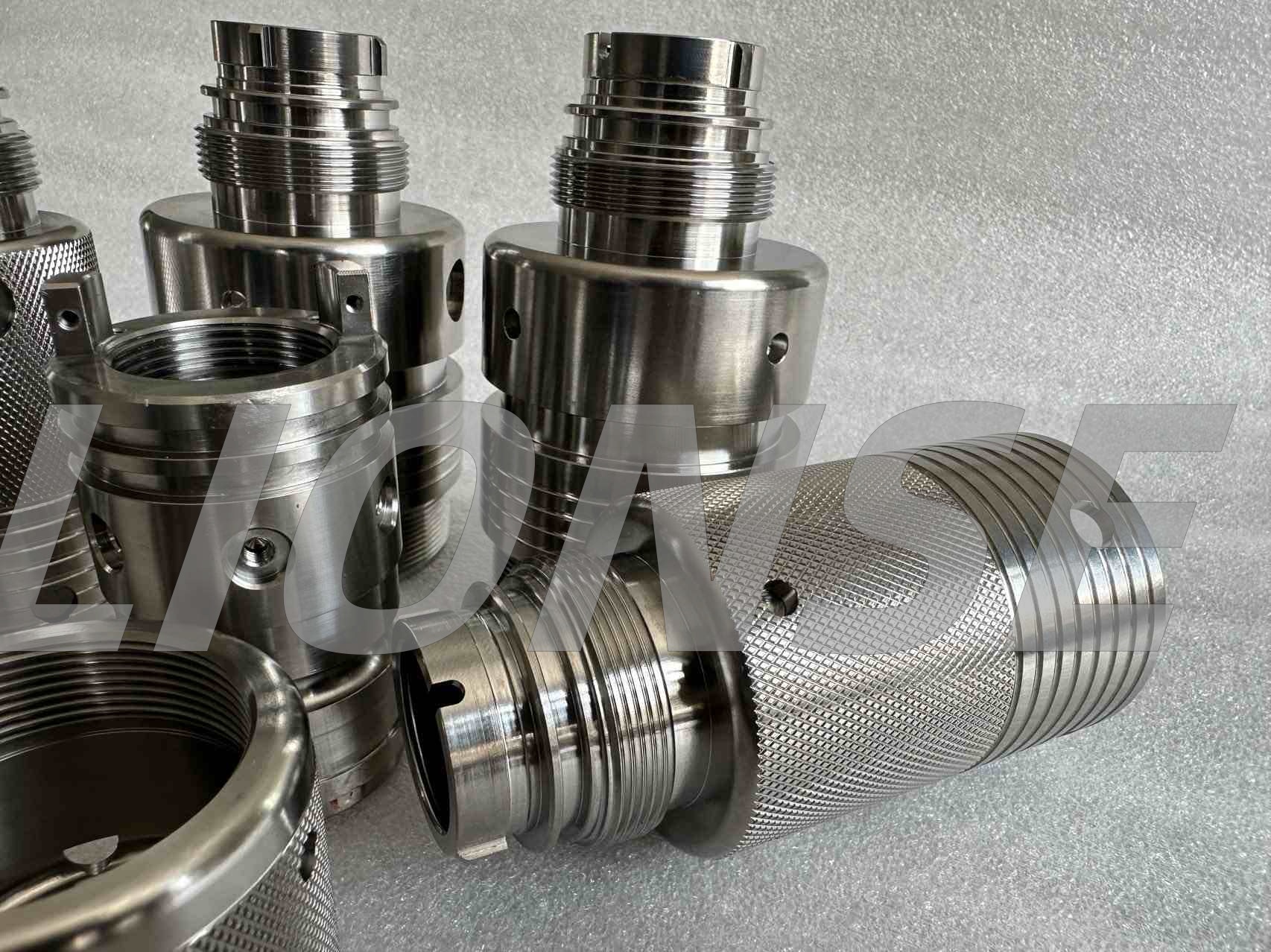

1.TC4 titanium alloy
Operating temperature: -100-550℃, density: 4.51g/cm ³, mechanical properties at room temperature (25℃) : Tensile strength σb/MPa≥895, specified residual elongation stress σr0.2/MPa≥825, elongation δ5(%)≥10, reduction of area ψ(%)≥25. High-temperature mechanical properties (400℃) : Tensile strength: σb/MPa≥620, creep strength: σ100h/MPa≥570
TC4 titanium alloy has a series of advantages such as excellent corrosion resistance, low density, high specific strength, good toughness and weldability. After solution strengthening treatment, the strength increase is not significant, only reaching 1100MPa, and the strength in the annealed state is generally 900MPa.
2. TC6 titanium alloy
Working temperature: 300℃, density: 4.51g/cm ³. Mechanical properties at room temperature (25℃) : Tensile strength σb/MPa≥980, specified residual elongation stress σr0.2/MPa≥840, elongation δ5(%)≥10, reduction of area ψ(%)≥25. Mechanical properties at high temperature (400℃) : Tensile strength σb/MPa≥735, endurance strength: σ100h/MPa≥665. Superiority: It has good microstructure and performance stability below 300℃/5000h, and its high-temperature properties such as instantaneous tensile, creep and endurance at different temperatures are comparable to those in the double annealing and isothermal annealing states.
The semi-finished TC6 titanium alloy products that have undergone ordinary annealing treatment can meet the service temperature requirements (below 300℃) of aircraft structural components.
3. TC11 titanium alloy
Working temperature: 500℃, density: 4.51g/cm ³, mechanical properties at room temperature (25℃), tensile strength: σb/MPa>1030, specified residual elongation stress σr0.2/MPa≥900, elongation δ5(%)≥10, reduction of area ψ(%)≥30, mechanical properties at high temperature (500℃), tensile strength: σb/MPa>685, creep strength: σ100h/MPa≥640
Wear resistance comparison: Both TC4 and TC11 alloys have poor wear resistance at 25℃, but exhibit extremely excellent wear resistance at 600℃.
As can be seen from the above, TC4 does not have as good high-temperature resistance as TC6 and TC11. TC11 has the highest strength, and of course, its wear resistance is also better.

Should you have questions, the Technical Sales Experts at LIONSE are ready to help. Serving industries and businesses across North America and Canada for more than 15 years, we understand the complexities of alloy piping and the needs of your industry. Email us today for additional information and to find the ideal flange, piping, and components for your next project.